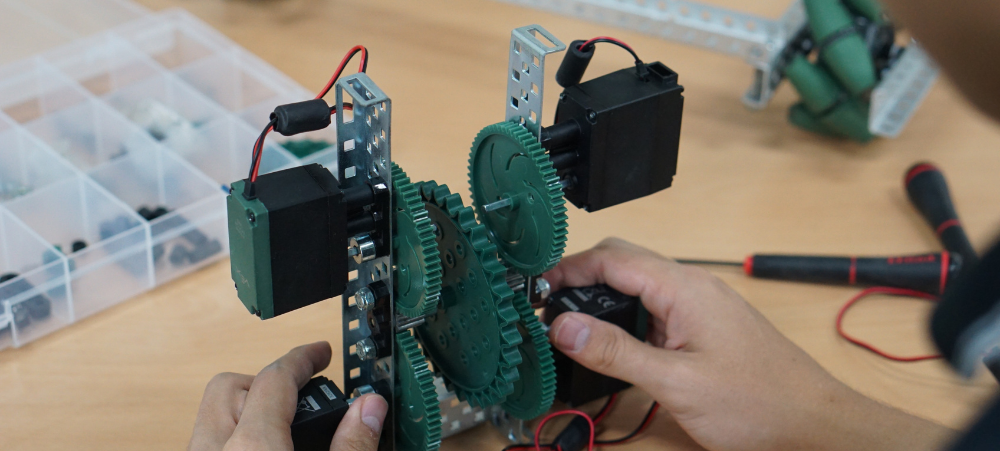The internet is a vast and expansive space. It allows us to connect, create and become whoever we want to be. It provides unlimited opportunities and freedom one can only imagine. However, within all the space and freedom, there is also danger. This danger could include people with malicious intentions, scams and even bullies. For this reason, the concept of Cyber Wellness has become an imperative part of our Wingu vocabulary.
Cyber Wellness refers to an individual’s feelings of safety and positivity regarding online spaces. It also refers to one’s capacity to be able to protect themselves and others, from internet dangers. While there is a wide range of tips, tricks and rules that Wingu learners and internet users everywhere should follow; the way individuals engage with others on the internet is constantly changing!
“Think about it; one of the main rules of using the internet when I was a child was don’t talk to strangers! However, young people these days, meet most of their friends through social media or gaming platforms. Therefore, just providing learners with a standard, one-size fits all set of rules, is ineffective. We need to teach learners more than how to follow rules. We need to teach them to think on their feet in order to protect and promote their Cyber Wellness,” says Jenna Chetty from the Wingu Wellness Hub.
One of the ways we can do this is by helping learners strengthen and enforce their boundaries. A boundary is basically the rule that you set, about how others are allowed to treat you. A learner with strong boundaries can easily identify when behaviour is inappropriate and put a stop to it immediately.
Another way to teach learners how to protect themselves, is by helping them foster resilience. Resilience is simply the ability to bounce back, after experiencing something unfavourable or unkind. Due to the freedom the internet allows, it is almost inevitable that children will be exposed to harmful images, language, opinions and people who want to break their confidence. Resilience will allow them to stand up again, after being knocked down by other people’s irresponsible use of online spaces.
Lastly, we can promote Cyber Wellness by teaching learners how to be responsible online. If we want to experience positive internet spaces, we need to be an injection of positivity every time we enter an online space. This means that we are always respectful, do not judge and always treat others the way we want to be treated.
Of course, the general tips and tricks such as don’t talk to strangers, don’t share your password, don’t engage with bullies etc, are still important! We just want to offer learners more than the standard procedure for Cyber Wellness. Therefore, Wingu Wellness has developed a three-session Cyber Wellness Course for our Wingulians. The sessions focus on the three topics mentioned above. Namely, boundaries, resilience and promoting cyber wellness. It also includes the tips and tricks, as well as an in-depth look into what learners can do if they are being cyber-bullied. If you have any questions about cyber wellness or the course, please don’t hesitate to contact [email protected]
The concepts of Cyber Wellness and Cyber Safety are evolving and ever-changing. So, don’t feel discouraged if you don’t have all the answers. The most important thing is to be there for your child and keep the communication channels open.
- Why Parents Are Choosing Premium Online Schools in 2026: Safety, Governance, and Student Experience - December 22, 2025
- Rethinking Socialisation in Online Schooling: The Innovation the Media Overlooked - December 17, 2025
- Online Schooling, Accreditation, and Trust: What Parents Need to Know in 2026 - December 11, 2025






2 thoughts on “Cyber Wellness – how to protect children in a cyber world”
Yes, with a 9yo, it’s so difficult to teach her how to navigate the Web, as we know it can be dangerous, but as a parent, can also only keep them away for a certain amount of time as it is such a big part of their world.
I think all parents get worried the moment their child wants to explore the cyber world. I think our children think they know exactly what they are getting themselves into but quickly find that the internet, apps and so on can be a scary place to interact. I really enjoyed this article!